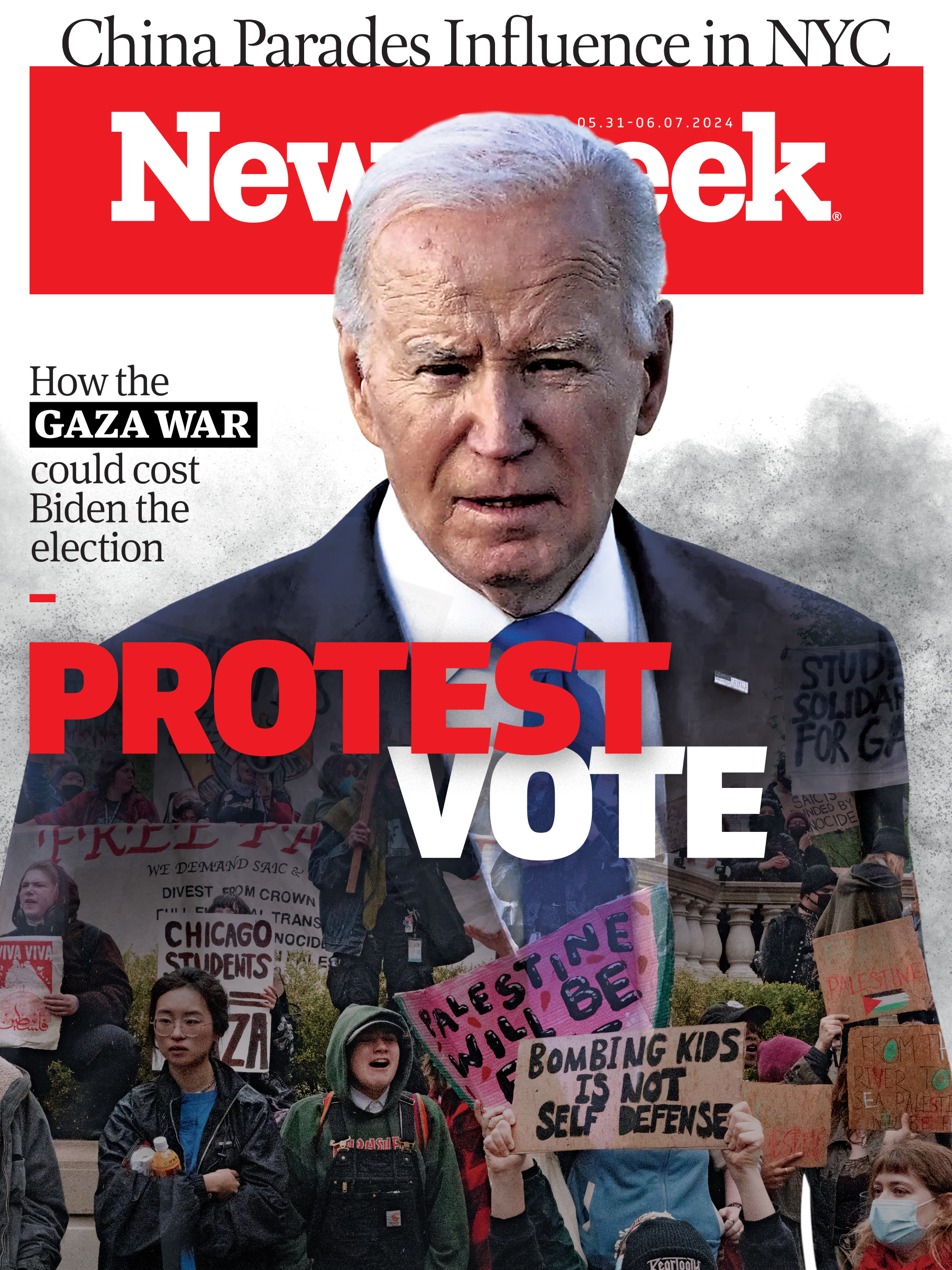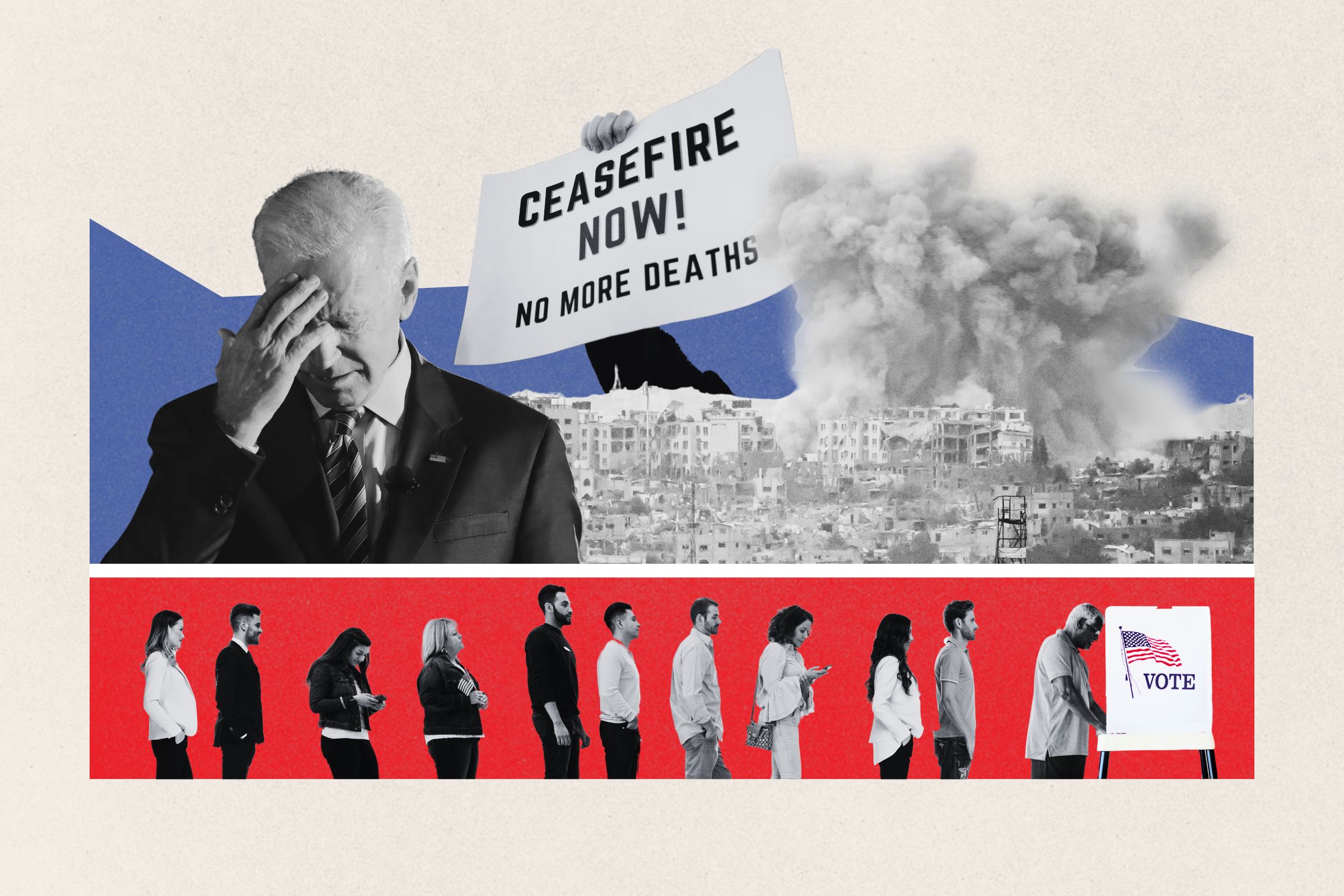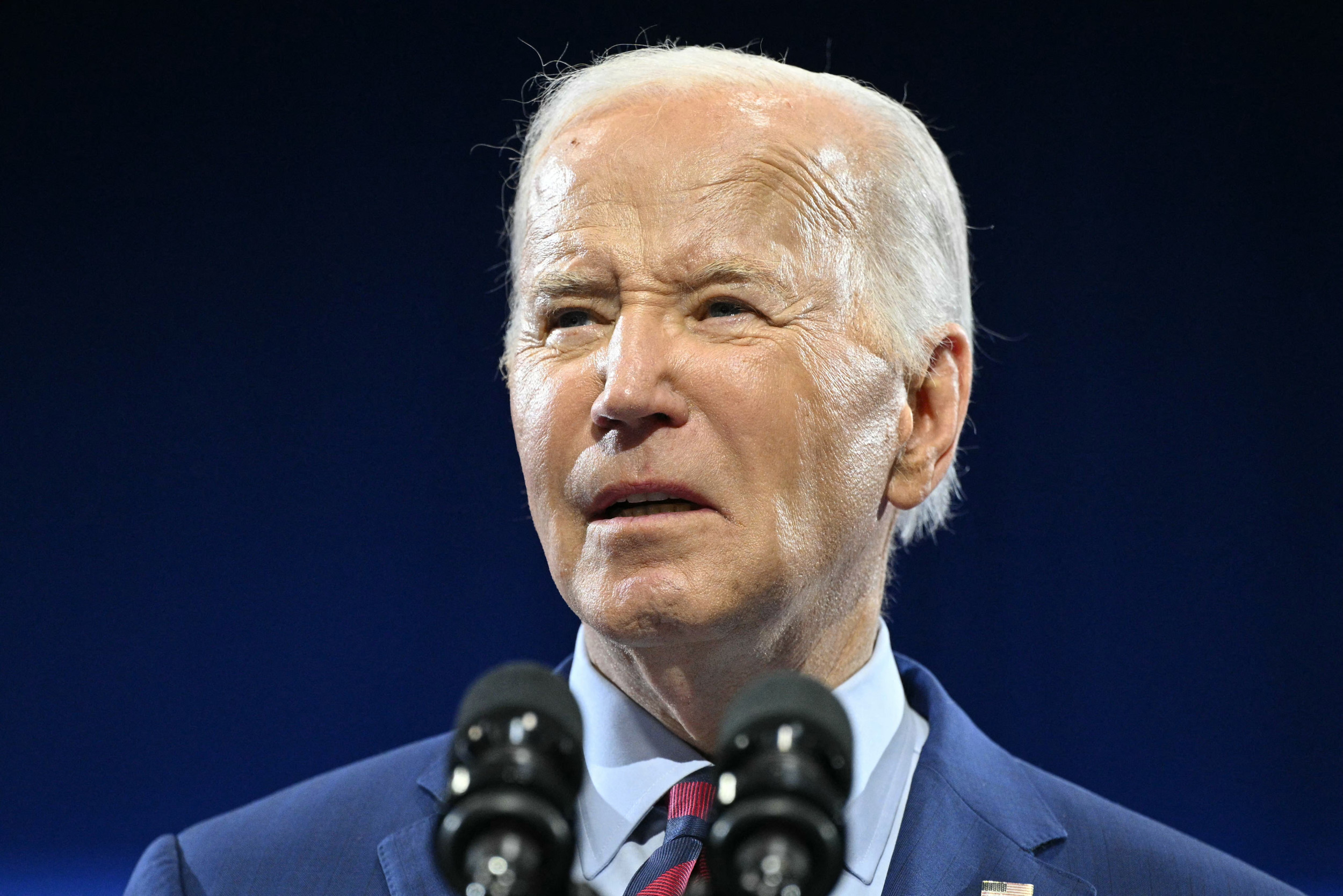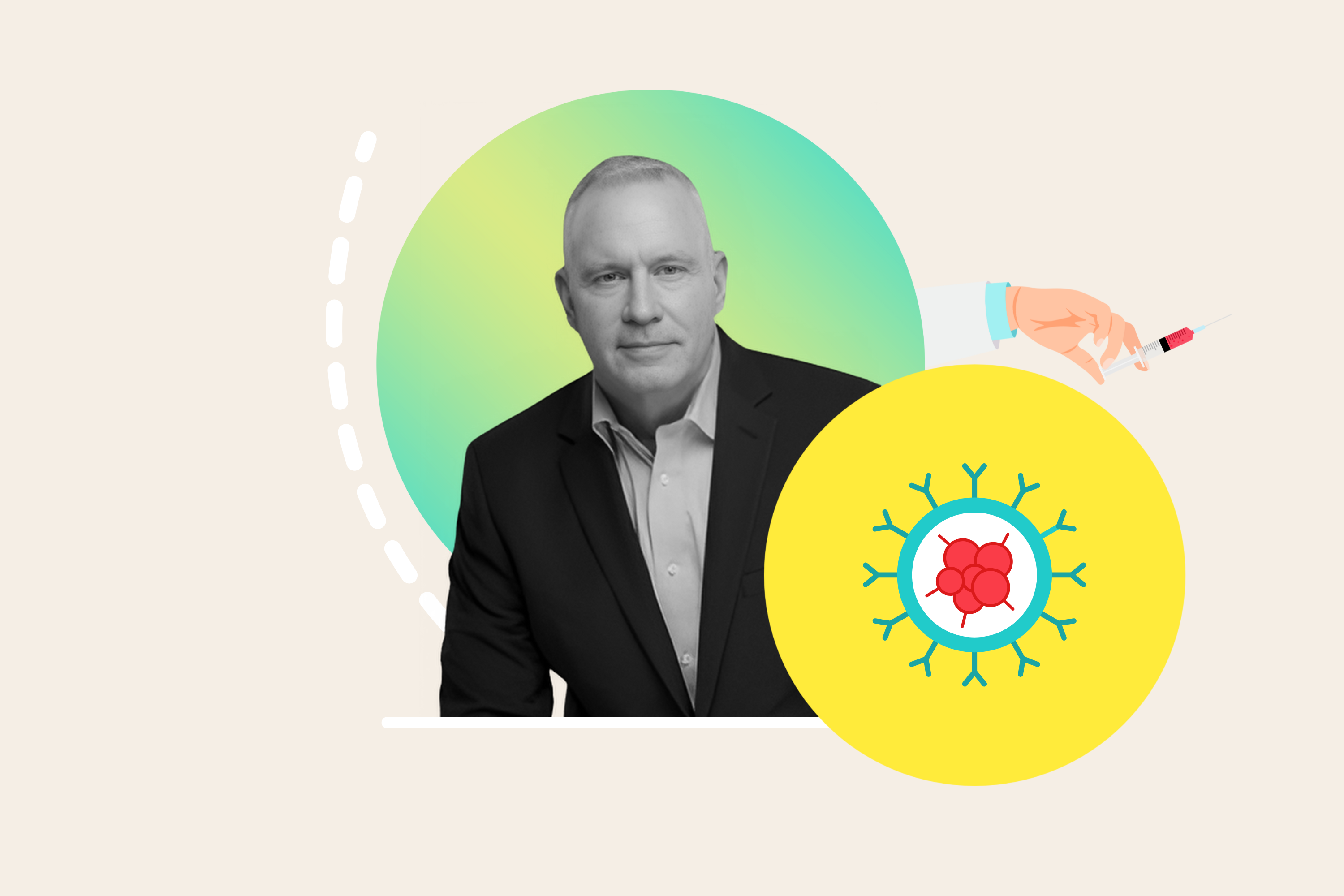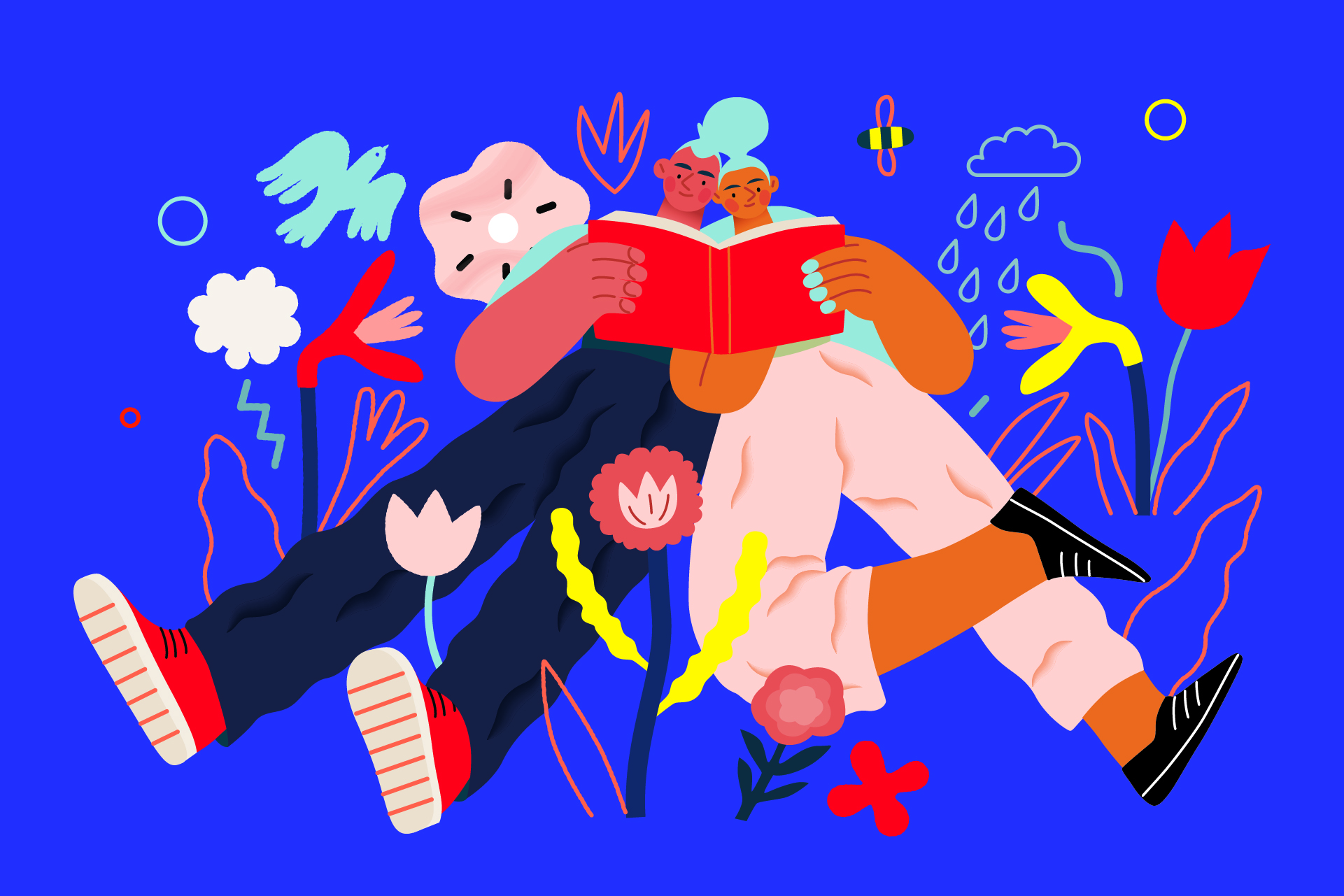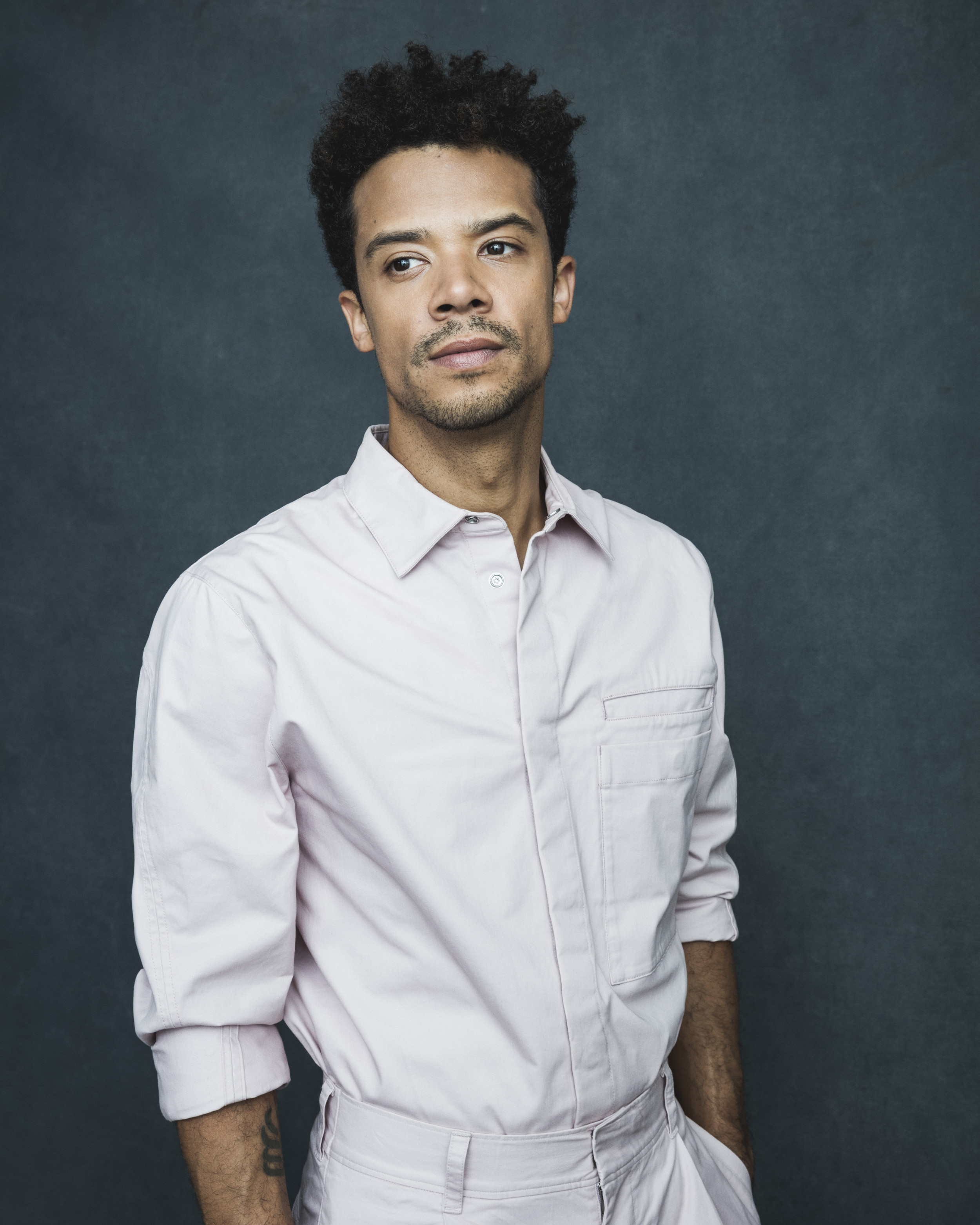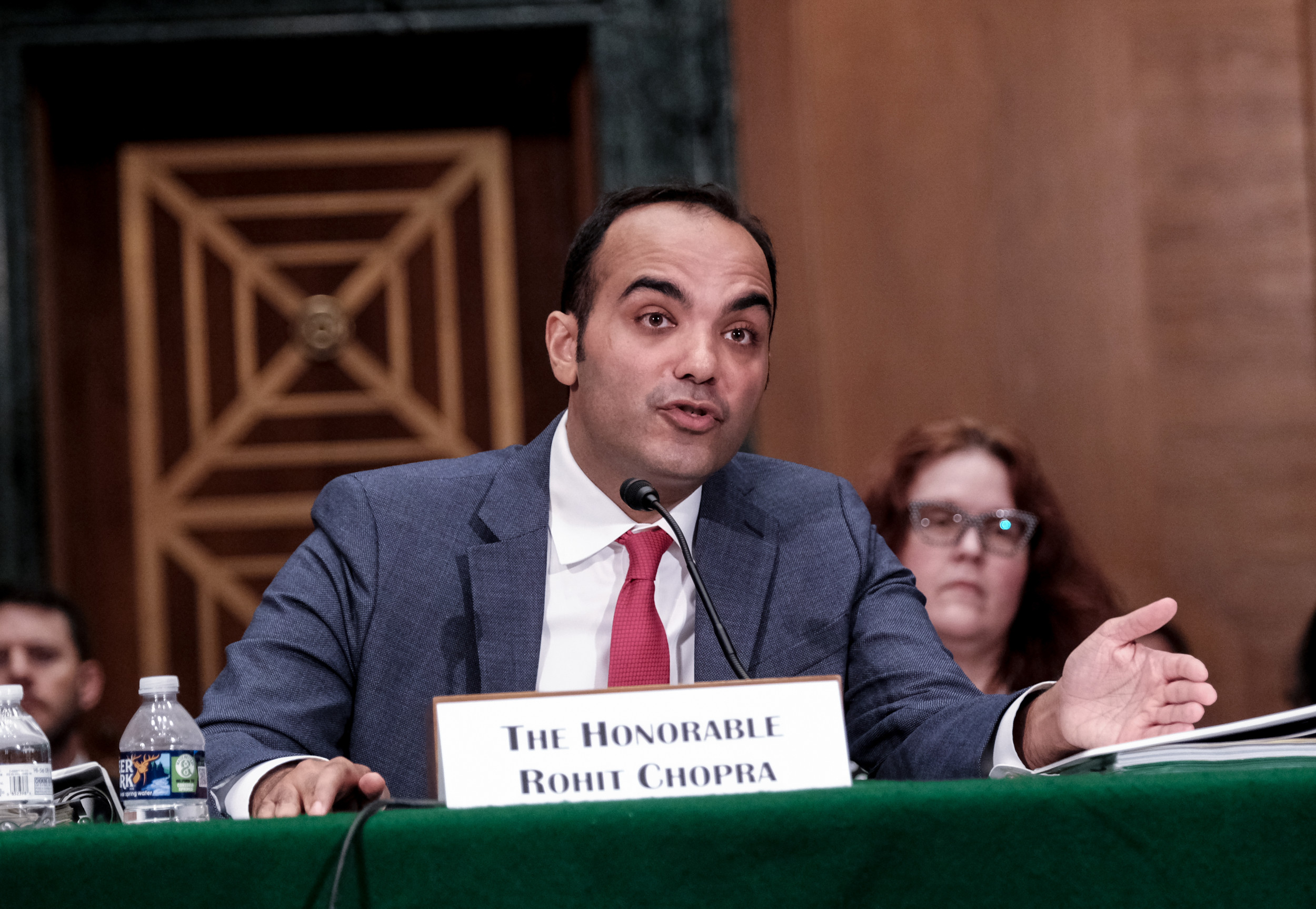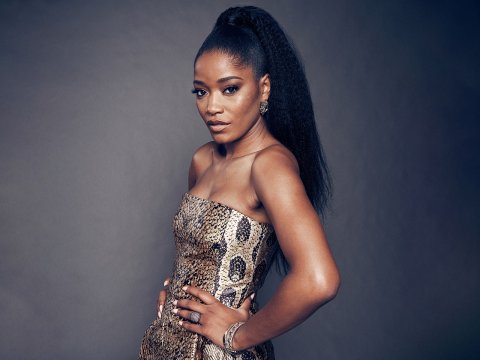
"[Peele's] point is to continue the narrative of Black people being in spaces that they've always been in, although...not always been represented in those spaces."
From acting to singing to reality TV, Keke Palmer does it all. "I just always was attracted to people that did multiple things," Palmer tells Newsweek, saying artists like Jamie Foxx and Queen Latifah were early inspirations. Now she's out with the hotly anticipated Jordan Peele film Nope (July 22). "When people think about Get Out or Jordan's work, they can sometimes zero in on, 'Oh, this is a think piece on Blackness.'" She says there's always an element of that, but "They're not always on Blackness," and Nope is a perfect example of that. It's part horror, part sci-fi, part thriller and part comedy. "His choice to put Black people in the lead is just based off his perspective of who he sees in his story." Since starting out as a child actor, Palmer says the quality of work she's receiving has only gotten better. "To have evolved to the place where the variety of who I get to work with is this level, I think it's only going to bring the best out of me." Case in point, starring alongside Daniel Kaluuya in a Jordan Peele film. "There's only one Jordan Peele."
SUBSCRIBE TO THE PARTING SHOT WITH H. ALAN SCOTT
ON APPLE PODCASTS OR SPOTIFY
If a film could get an Oscar for a trailer, Nope would win hands down. Did you have that reaction when you first read the script?
I did. It was so many things. With the trailers, there are two different versions that give two totally different tones. When I was reading the script and going on that journey, I was thinking to myself, this is a lot to take in, in a good way.
What makes this film different from other alien horror films?
I'm into any type of horror, honestly, I love horror. All that kind of stuff. I think what takes us away from being just that kind of film is the amazing characters. A lot of times people just take cheap shots with it. They don't really exploit what you really can get across when you mix horror with a great character, a great overall theme. So I'm so excited for others to see how the core elements are threaded with the actual real things that the characters are going through. The things that are threaded throughout. It's really awesome and well done, in my opinion.
You, Jordan Peele and Daniel Kaluuya together are a perfect combo. What was it like working with them?
Working with Daniel was amazing. He's a really gracious actor. He's also just a really nice person. I learned by working with him, he really takes his time and he's easy to respond to. He's just open to the experience. It's fun when you get in there with him and you can just play. He's very supportive. And then Jordan is very, very connected to his work in a real way. It feels very casual, but at the same time, very impactful. He's also collaborative, even though he obviously wrote it. He is the kind of person that leans on the people he's working with to empower themselves. I think he's a real leader in that regard. And it comes through in the way he communicates to us. It just felt like I understood it in a way that maybe I don't always understand everyone else that directs me. Though I've had some really great directors, it's just different.
Can you explain the title and maybe how the film is also a bit of a comedy?
I think the comedy element of it, the way Jordan puts it into his work, or the way I interpreted it in this film is that it is just the real raw response. A lot of times things are funny in crazy scenarios, simply because that's how our human minds process it. When you do horror you have the opportunity to really get a great movie, because you're gonna have moments of levity and lighthearted things because that's how people will deal with traumatic experiences. There's really an opportunity to just have fun with it and make a great movie. So I think Jordan always takes advantage of that. That's why when we watch something of his, we get comedy, we also get drama, we also get spooked. We get everything.
Jordan Peele really has elevated the horror genre.
The only other person I know that has been able to do that is Steven Spielberg with Jaws. Even when I look at Titanic, and that's James Cameron, it's like that's a romance, but it's also a bit horrific and a drama. I think in my mind, [Jordan Peele] is right up there in that class of people where they don't just do movies. They do cinema.
The way you ride those horses, it also has this Western feel to it. Have you ever done any horse work?
Without saying too much, I'll say I wasn't afraid. My experience and relationship with the horse throughout the film was definitely comparable to what I could handle. I'm not afraid of horses and I was excited at who's gonna see some Black people with horses. Because that's not something you see all the time. And I think that's also purposeful. When people think about Get Out or think about Jordan's work, they can sometimes zero in on, "Oh, this a think piece on Blackness." I think more than anything his work definitely has elements of things, but they're not always on Blackness. His choice to put Black people in the lead is just based off of his perspective of who he writes about, who he sees in his story in his films, and essentially normalizing Black people just being in the lead. The first stuntman was a Black man riding a horse. That's mentioned in the film. So I think his point is to continue the narrative of Black people being in spaces that they've always been in, although we've not always been represented in those spaces.
We've seen you grow as an actor since you were a kid. Do you feel like with projects like Nope, you're elevating into more nuanced roles?
I do. And I think, even more importantly, the material that I have access to has just substantially progressed as well. Not to show any disrespect to my work prior because I'm very proud of all my work. There's only one Jordan Peele. There's only one Disney Pixar. To have evolved to the place where the variety of who I get to work with is this level, I think it's only going to bring the best out of me.
That transition from child actor to adult actor is often bumpy. Was there anybody you looked up to as a kid as an example?
Sure. Not all these people are in my era, but my mom would talk a lot about Judy Garland or Sammy Davis, Jr. Obviously, I grew up loving and knowing Queen Latifah, as well as admiring Jamie Foxx and people like that. I always looked and found people that did multiple things. I just always was attracted to people that did multiple things. And that, in turn, I think is what allowed me to feel very confident in doing multiple things.
Legendary, a reality competition series celebrating queer ball dancehall culture, just ended on HBO Max and it was SO good! How much fun was it and why was it important for you to do it?
I loved to join in because obviously, I always wanted to go to a ball, but they're not that easy to get into. And I know some queens honey, but I haven't been invited to the ball yet! So I'm gonna get the opportunity to go to a ball. And I'm actually going to be a part of this world in this competition and be able to actually have a seat at the table and be a judge. I want to make sure that I'm on point. I want to make sure I'm giving constructive criticism to the kids. So I was just honored to be in the space. It's iconic. I remember the first time that I watched Paris is Burning. Just like wanting to be a part of that world in that era. That's my crowd, so I felt very at home.
How do you try to connect with your audience through your social media?
I try to connect with them through the different creative ways that I love to work. I love using humor to talk about things that I want to talk about. And I can be a dramatic person inside my mind, the way that it comes out is very humorous. And I know that humor is a good way for us to laugh at things that scare us, and that worry us and that offend us. So I use humor on my social media to be able to talk about things that I really want to talk about, or express concepts and themes and be able to also create and entertain. It's also a place of freedom. For me coming from the traditional world of this industry, I was able to have freedom to talk or to share my art in a way that I would have been limited to have to go through someone else in order to be able to do that. So now I can just do it on my own dime, and it gets straight to my audience and my fans. I use it to have fun, to say something, but hopefully for it to be entertaining as well as create and be able to kind of get behind the camera and show people what I can do outside of being a talent.
Listen to H. Alan Scott's full conversation with Keke Palmer on Newsweek's Parting Shot. Available on Apple Podcasts, Spotify or wherever you listen to podcasts. Twitter: @HAlanScott
About the writer
A writer/comedian based in Los Angeles. Host of the weekly podcast Parting Shot with H. Alan Scott, ... Read more


